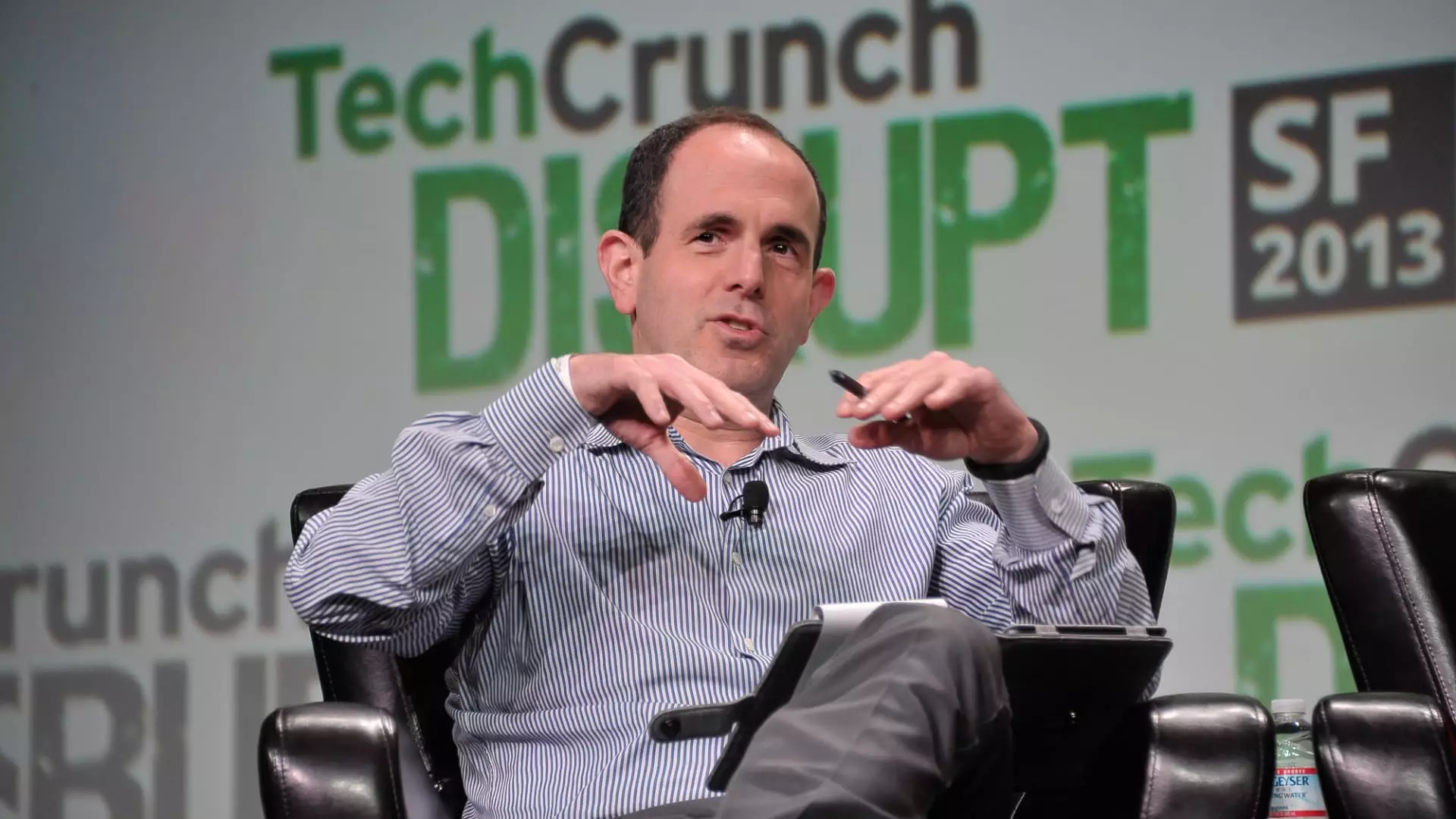In an era where flexibility and inclusivity are lauded as hallmarks of progressive workplaces, Opendoor’s leadership chooses to double down on an aggressive rejection of remote work and diversity initiatives. This shift reflects a troubling tendency among some executives to cling to outdated notions of productivity rooted in physical presence. While some argue that innovation and camaraderie flourish through face-to-face interaction, others see this as a reactionary rollback that dismisses the advances made toward inclusive, adaptable work environments. Rabois’s claim that “remote work doesn’t work” simplifies a complex debate that has evolved over years, exposing a conservative bias that underestimates the benefits of a diverse and flexible workforce.
The move toward ending remote work seems less about genuine improvement and more about restoring a nostalgic, although arguably obsolete, image of corporate unity. Yet, by neglecting the evidence that remote work can boost morale and broaden talent pools, Opendoor risks alienating valuable employees and fostering a culture of distrust and rigidity. Moreover, attacking the company’s diversity efforts undermines efforts toward equity and social progress, revealing a mindset that favors uniformity over inclusion. This approach not only hampers long-term innovation but also tarnishes Opendoor’s reputation as a forward-thinking company.
Financial Struggles and Leadership Shakeups: Is It Justified?
Beneath the rhetoric about workplace culture lies a stark reality: Opendoor is hemorrhaging cash, with a bloated workforce that its leadership now deems unnecessary. Rabois’s blunt admission that the company does not know what most employees do underscores a fundamental misalignment between staffing and strategic priorities. The decision to cut down from roughly 1,400 employees to an anticipated 200 is a drastic move that raises questions about management’s ability to steer a technology-driven business that aims to revolutionize real estate transactions.
Investors responded positively to the leadership shuffle, causing the stock to soar briefly. However, this tumble-then-rise pattern reveals the fragility of Opendoor’s current market positioning. The core issues—poor margins, high cash burn, and limited growth potential—have not been addressed with the same urgency or clarity. Leadership’s emphasis on slashing costs as a means to “fix” the company seems shortsighted; true transformation requires strategic vision, not mere layoffs. While a leaner operation might tamp down expenses temporarily, it risks undermining the innovative spirit that could eventually revive the struggling platform.
Reasserting Roots or Clinging to the Past?
The new leadership’s vow to “return to roots” and focus on in-person collaboration signals a desire to restore what they consider the company’s authentic identity. Yet, this nostalgia risks ignoring the fundamental shifts in workplace culture and consumer expectations. Innovation often springs from diversity of thought and the ability to adapt—qualities that are stifled when teams are forced back into rigid, traditional models of working together physically in the same space.
Furthermore, the aggressive stance against diversity, equity, and inclusion initiatives suggests a reluctance to see workplace culture as a dynamic, evolving component of corporate growth. Rather than viewing DEI as a source of strength, Opendoor’s leadership appears to dismiss it as a distraction. In a competitive landscape where talent retention hinges on values and inclusivity, such dismissiveness could prove costly, alienating employees and consumers alike. The decision to insist on employees returning to the office without substantive strategic benefits presents a risky gamble that could undermine both morale and long-term sustainability.
By prioritizing short-term cost-cutting and nostalgic notions of teamwork, Opendoor’s recent course of action exposes a broader trend among some tech and real estate companies: a failure to genuinely embrace the changing nature of work and society. The question remains—will this rejection of progress and diversification serve as a foundation for genuine renewal, or will it confine Opendoor to obsolescence?

